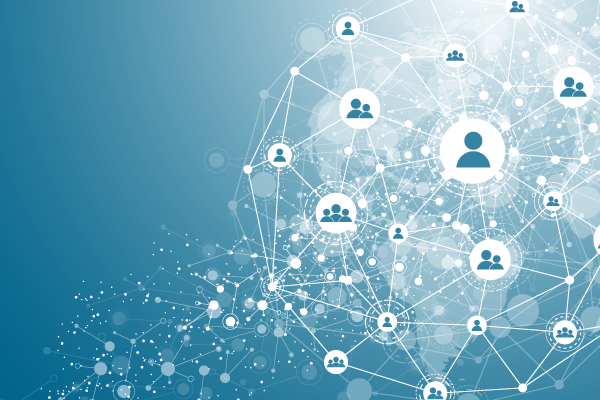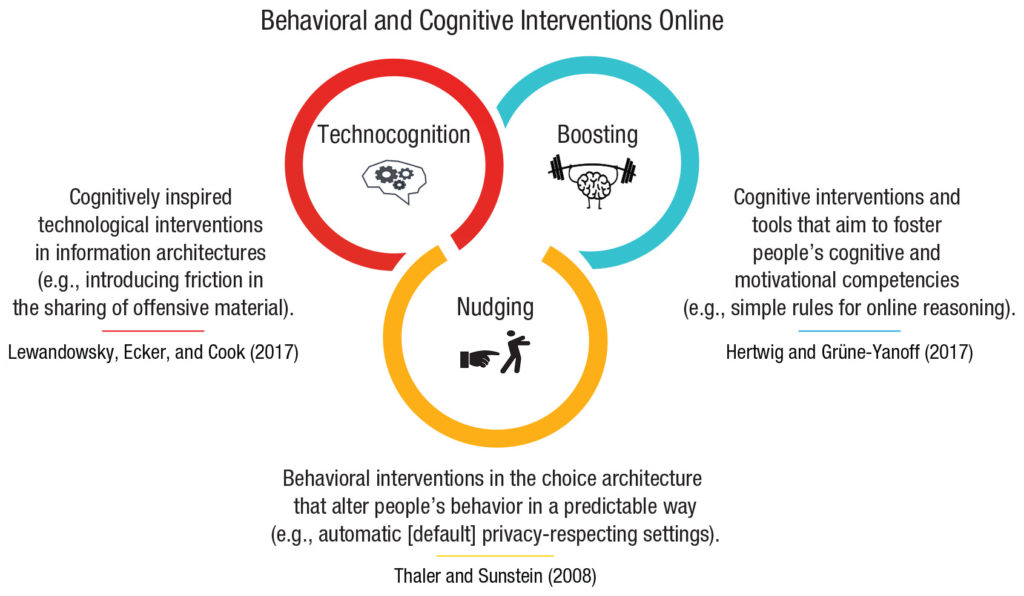Observation
How Psychological Science Can Confront the Internet’s Dark Side

Access to the Internet is essential for economic development, education, global communications, and countless other applications. For all its benefits, however, the Internet has a darker side. It has emerged as a conduit for spreading misinformation, stoking tensions, and promoting extremist ideologies. Yet there is hope.
In a recent issue of Psychological Science in the Public Interest, a team of researchers recommends ways that psychological and behavioral sciences can help decrease the negative consequences of Internet use. These recommendations emphasize helping people gain greater control over their digital environments.

“Psychological science can help to inform policy interventions in the digital world,” said Anastasia Kozyreva, a researcher at the Center for Adaptive Rationality at the Max Planck Institute for Human Development in Germany and author on the paper. “It is crucial that psychological and behavioral sciences are employed to ensure users are not manipulated for financial gain and are empowered to detect and resist manipulation.”
Specifically, psychological and cognitive sciences can complement interventions by other fields, such as law and ethics, which develop guidelines and regulations; education, which can provide curricula for digital information literacy; and technology, which can provide automated detection of harmful materials and help implement more ethically designed online choice architectures.
“These cognitive tools are designed to foster the civility of online discourse and protect reason and human autonomy against manipulative choice architectures, attention-grabbing techniques, and the spread of false information.”
Anastasia Kozyreva (Max Planck Institute for Human Development, Germany)
Although there is no silver bullet that could solve all the problems of the digital world, Kozyreva and her colleagues describe three approaches to help mitigate the negative consequences. The first is to design Internet infrastructures that “nudge” people’s behavior toward more positive outcomes, such as systems with default privacy-respecting settings. The second is relying more on “technocognition,” which are technological solutions informed by psychological principles, such as creating obstacles to sharing offensive material online.
The final approach is improving people’s cognitive and motivational competencies through “boosts,” which are tactics that enhance people’s agency in their digital environments and improve reasoning and resilience to manipulation. Examples of a boost include preventively inoculating users against common manipulative practices and providing easy-to-use rules for digital literacy.
“These cognitive tools are designed to foster the civility of online discourse and protect reason and human autonomy against manipulative choice architectures, attention-grabbing techniques, and the spread of false information,” said Kozyreva.
Feedback on this article? Email apsobserver@psychologicalscience.org or scroll down to comment.
Reference
Kozyreva, A., Lewandowsky, S., & Hertwig, R. H. (2020). Citizens versus the Internet: Confronting digital challenges with cognitive tools. Psychological Science in the Public Interest, 21(3), 103–156 https://doi.org/10.1177/1529100620946707





APS regularly opens certain online articles for discussion on our website. Effective February 2021, you must be a logged-in APS member to post comments. By posting a comment, you agree to our Community Guidelines and the display of your profile information, including your name and affiliation. Any opinions, findings, conclusions, or recommendations present in article comments are those of the writers and do not necessarily reflect the views of APS or the article’s author. For more information, please see our Community Guidelines.
Please login with your APS account to comment.